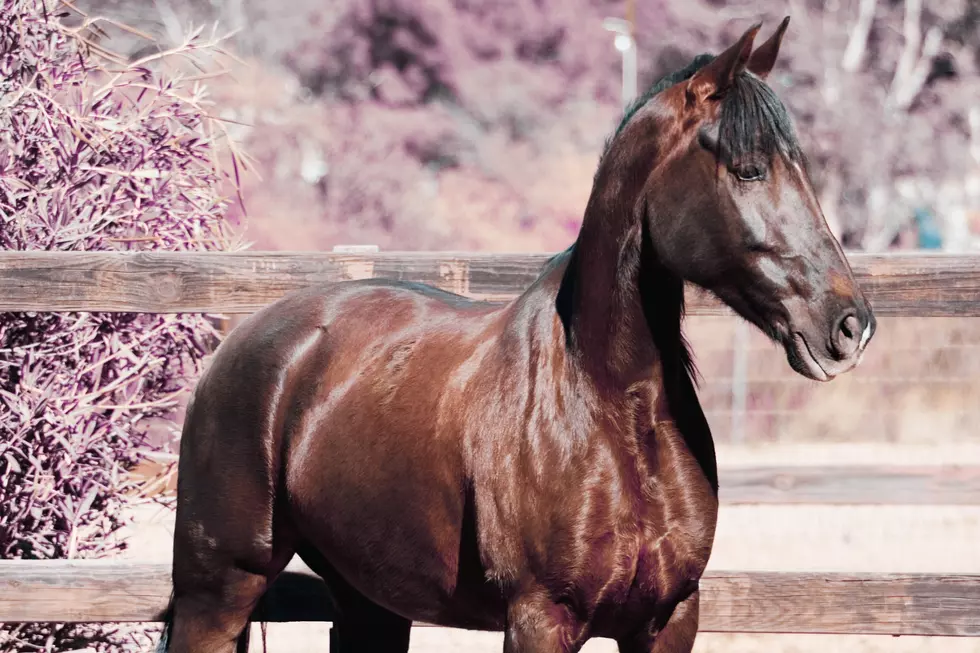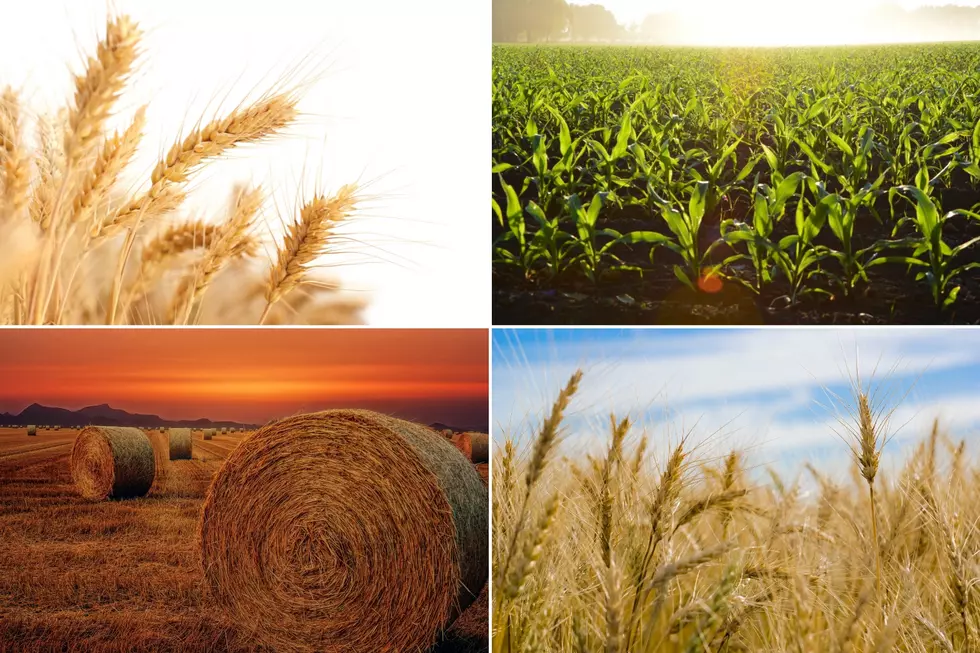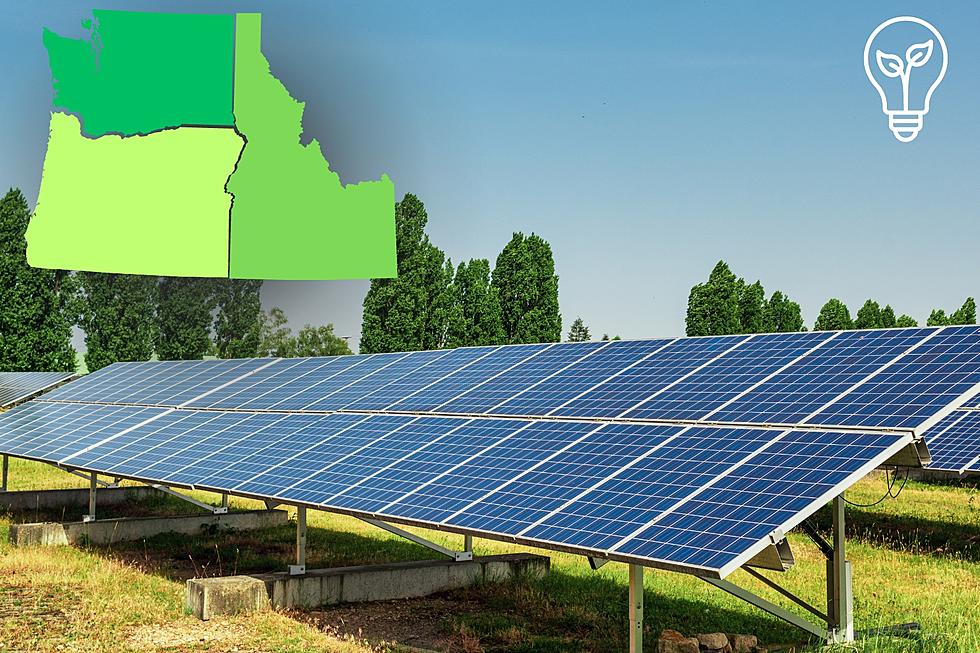
USDA Report Many Farms Don’t Make Money
According to a recent USDA report, of the nearly two million households running a farm in the United States, a little more than half of those owners lose money on the operation. Daniel Prager, USDA economist, says smaller farms are more likely to lose money. He notes larger farmers typically do a better job of generating their own opportunities for growth and financial generation.
“Now, among farms where the owner retired, or it’s a low sales farm, are most likely to have negative income, and the larger farms are more likely to be profitable, but they also incur the largest losses when there is a loss.”
But, if more than half of U.S. farmers are operating in the red, how can farming be a viable career?
"While looking at traditional measures of farm income, so net cash farm income for the farm operations, might suggest that a household is better not operating that farm at all. But once we start to include some of these other economic benefits for running a farm, in makes economic sense for them to continue farming.”
Prager noted that many farmers these days have a second source of income, off the farm, whether that’s a second job for them or family member that works away from the farm.
If you have a story idea for the Washington Ag Network, call (509) 547-1618, or e-mail gvaagen@cherrycreekradio.com
More From PNW Ag Network









